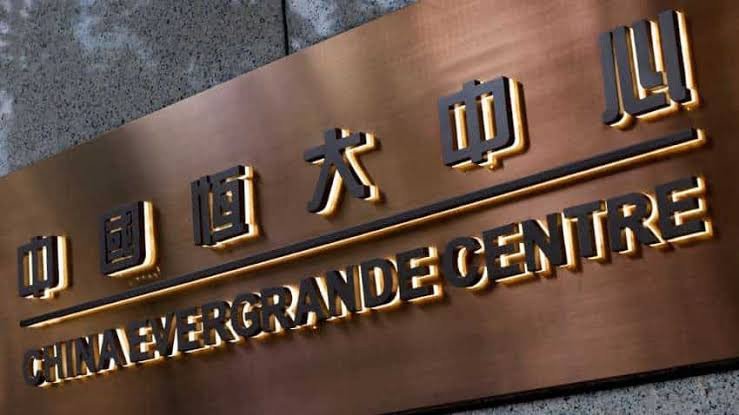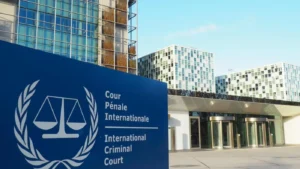Evergrande resumes Hong Kong trading amidst CEO’s criminal investigation

Chinese real estate behemoth Evergrande has returned to trading on the Hong Kong stock exchange today, after a suspension triggered by the revelation of criminal investigations into the company’s CEO, Xu Jiayin.
The tumultuous events surrounding Evergrande have sent shockwaves through China’s property sector, raising concerns about the broader economic implications.
Last Thursday, Evergrande disclosed that its CEO, Xu Jiayin, was suspected of “illegal crimes,” a revelation that led to his reported detainment by police. In response, trading of Evergrande’s stocks was temporarily halted in Hong Kong.
Upon the resumption of trading today, Evergrande’s shares experienced a rollercoaster ride, initially surging by more than 60 percent, only to later dip by ten percent, before rebounding again.
This erratic behavior has left analysts and investors bewildered, with Willer Chen, a senior research analyst at Forsyth Barr Asia Ltd, remarking, “Evergrande shares are really volatile and always full of surprise moves. I’m not sure who will buy it up under this situation.”
Evergrande, with an estimated debt load of $328 billion as of June, has been grappling with financial turmoil for some time. Last month, the company’s subsidiary, Hengda Real Estate Group, came under investigation, preventing Evergrande from issuing new debt.
Critical meetings for debt restructuring were postponed as a result, and the company stated it was “necessary to reassess the terms” of the plan to accommodate the “objective situation and the demand of the creditors.”
In a significant development, Evergrande’s property arm failed to meet a crucial bond payment last week, further intensifying concerns. Reports have also emerged of the detention of former company executives.
China’s property sector, historically a driver of economic growth, accounting for approximately a quarter of GDP along with construction, has been the epicenter of a debt crisis.
The extensive debts amassed by major players like Evergrande have been viewed by Beijing as a severe threat to China’s financial stability and overall economic well-being. Since 2020, authorities have progressively restricted developers’ access to credit, resulting in a wave of defaults, most notably Evergrande’s.
This ongoing housing crisis has had a devastating impact on homebuyers across China, many of whom invested their life savings in properties that have yet to materialize. Last summer, a nationwide wave of mortgage boycotts swept the country as financially strained developers struggled to complete homes already pre-sold, a common practice in China.
Policymakers have faced mounting pressure in recent months to introduce measures to support the economy, particularly the property sector. However, they remain cautious about a repeat of the 2008 financial crisis bonanza, which has made it challenging for the government to meet its growth target of approximately five percent for this year.
Such an outcome would represent one of China’s worst economic performances in decades, excluding the pandemic-induced downturn.








